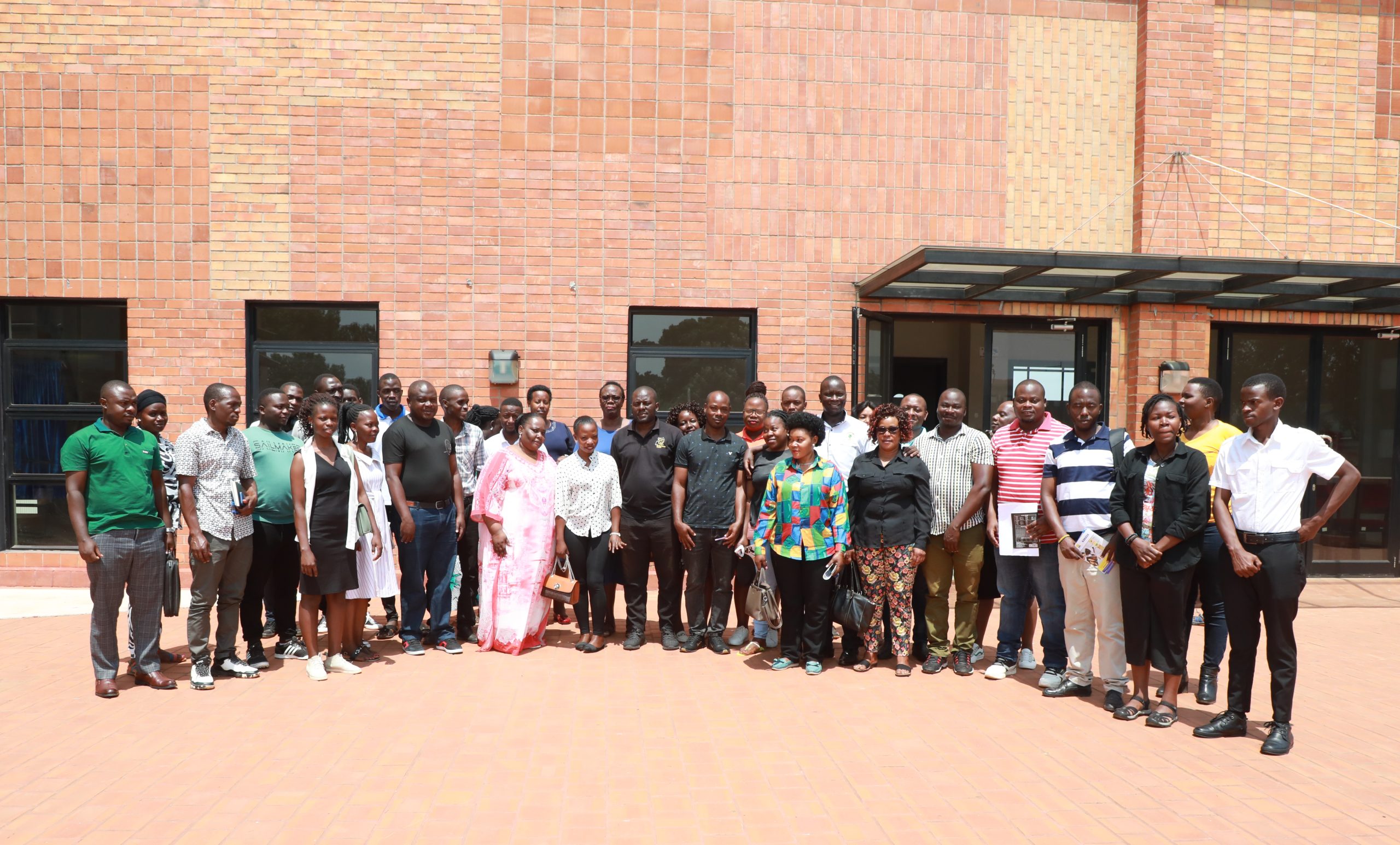
August 16, 2023
By Joshua Niyonshima
In light of the increased revenue target for the financial year 2023–24, URA has stepped up its collaborations with different stakeholders to ensure tax compliance and citizen buy-in.
It is against this background that the tax body held a half-day engagement with parish chiefs from the five divisions of Kampala over the weekend.
The engagement was mainly focused on educating the leaders on rental and presumptive taxes.
Hafsah Seguya, one of URA’s tax experts explained to the leaders the differences between the two taxes, noting that rental is payable to URA by landlords who meet the threshold, whereas property tax is paid to Urban and local councils.
She added that business owners who do not have an annual income of ten million shillings are not subject to taxation but are required to pay various levies and fees to the local government.
“We address gross income for the whole year, and if you are below earnings of UGX 10 million annually, we don’t charge you, and you are not supposed to pay. For professionals, the case is different; you have to file normally,” Seguya explained.
She urged them to take use of the eleven One Stop Border Posts, which enable customers to access all government services from a single location. Additionally, they were urged to encourage their constituents to use EFRIS in order to avoid penalties.
In his remarks, Isaac Gyagenda, the Ag. Supervisor for Tax Education, thanked the Ward administrators for their support in revenue mobilization and urged them to join URA in the fight to free Uganda from economic dependence.
“As URA, our goal is to collect revenue to take Uganda to the promised land, which is funding our budget. You have heard pronouncements from the World Bank; this implies that budgets will be cut, with implications for service delivery. Let us work together and support URA in generating tax for our own independence,” he said.
The local leaders were also tipped on the types of returns, filing deadlines and how Uganda’s tax regime operates among others.





No Comments yet!